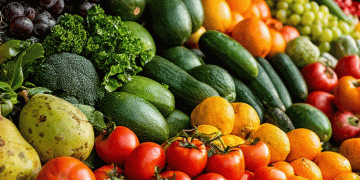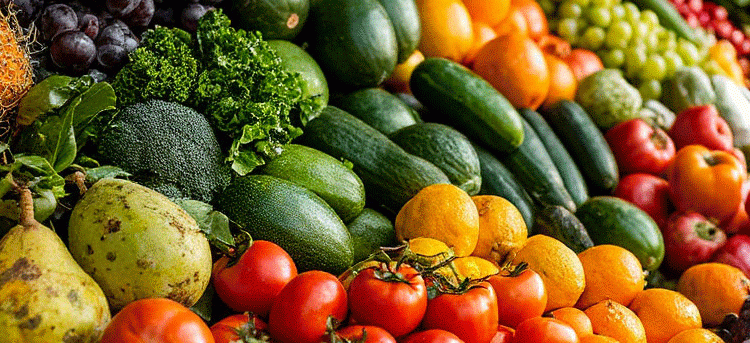Turkey is facing an unprecedented food affordability crisis, with skyrocketing prices pushing basic nutrition out of reach for millions. The economic downturn, marked by hyperinflation and stagnant wages, has drastically altered consumption patterns, threatening both public health and agricultural markets.
Meat: A Disappearing Staple
According to the Turkish Statistical Institute (TurkStat), since 2021, lamb prices have surged by 660.6%, while beef prices have risen by 616.7%. As a result, per capita red meat consumption has plummeted from 22.89 kg to just 16.6 kg. For many families, meat has become a rare luxury, forcing them to rely on cheaper, less nutritious alternatives.
Fruits and Vegetables: Now a Luxury
The situation is equally dire for fresh produce. A kilogram of cherries now costs 600–800 Turkish lira, grapes 680 lira/kg, and figs 600 lira/kg. Even seasonal fruits like plums (400 lira/kg) and peaches (145 lira each) have become unaffordable for low-income households.
Farmers’ markets, once bustling with bulk buyers, now see customers purchasing fruits by the piece—watermelons are sold in slices, and peaches are counted individually. Compared to 2020, some produce prices have surged by over 1,000%, making basic nutrition inaccessible to those earning minimum wage (11,402 lira/month).
The Math of Hunger: Wages vs. Food Costs
If a minimum-wage earner spends 10% of their income (2,210 lira) on fruits and vegetables, they can afford only a few kilograms per month. For pensioners, the situation is worse: buying 2 kg of cherries, 1 kg of grapes, half a watermelon, 2 peaches, and 1 kg of tomatoes costs 3,230 lira—one-fifth of the average pension (16,881 lira/month).
Implications for Agriculture and Food Security
This crisis has severe implications:
- Farmers face reduced demand despite high prices, as consumers can no longer afford their products.
- Agronomists and scientists must explore cost-effective farming methods to stabilize production.
- Policymakers must address inflation and wage stagnation to prevent a full-blown nutrition crisis.
Turkey’s food inflation is not just an economic issue—it’s a threat to food security, public health, and the agricultural sector. Without urgent intervention, the gap between food production and affordability will widen, risking long-term damage to both farmers and consumers.































